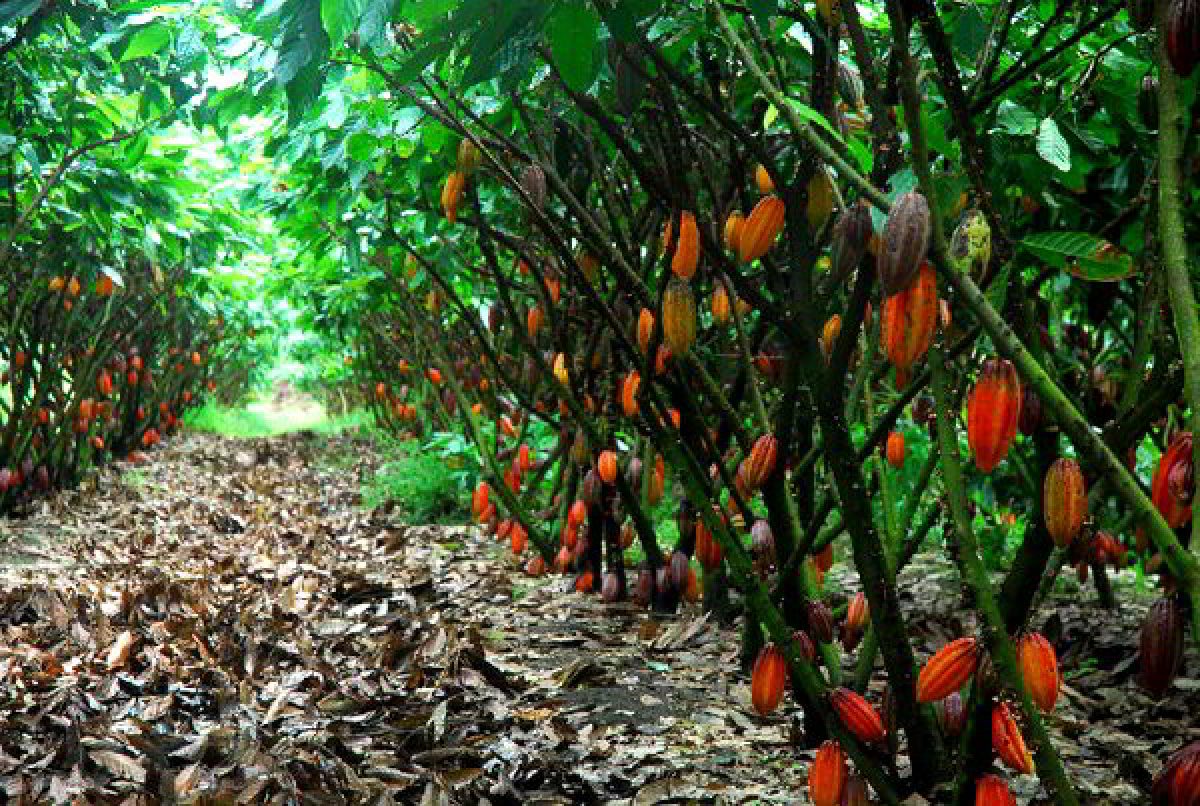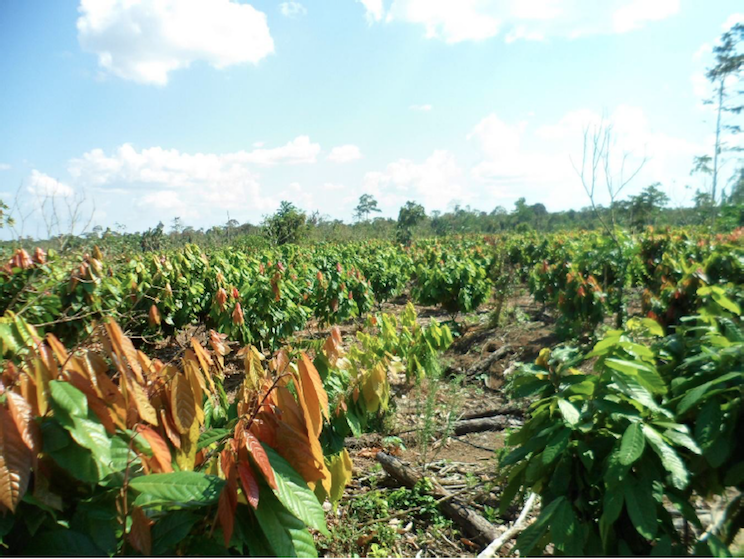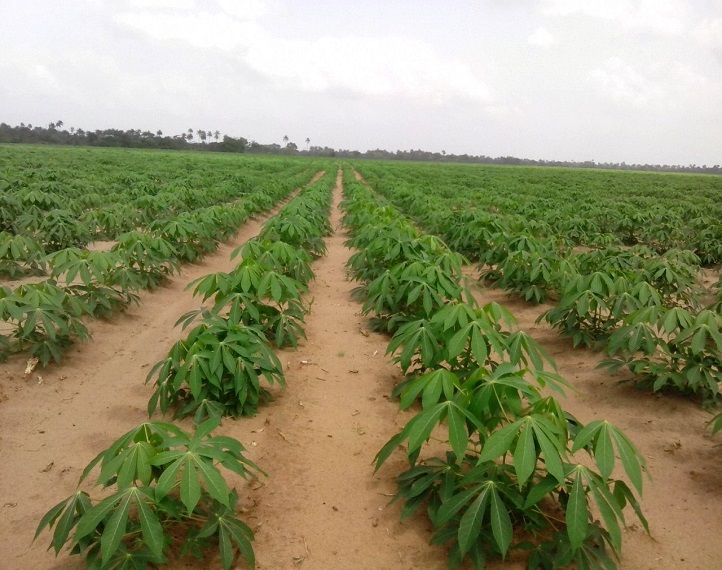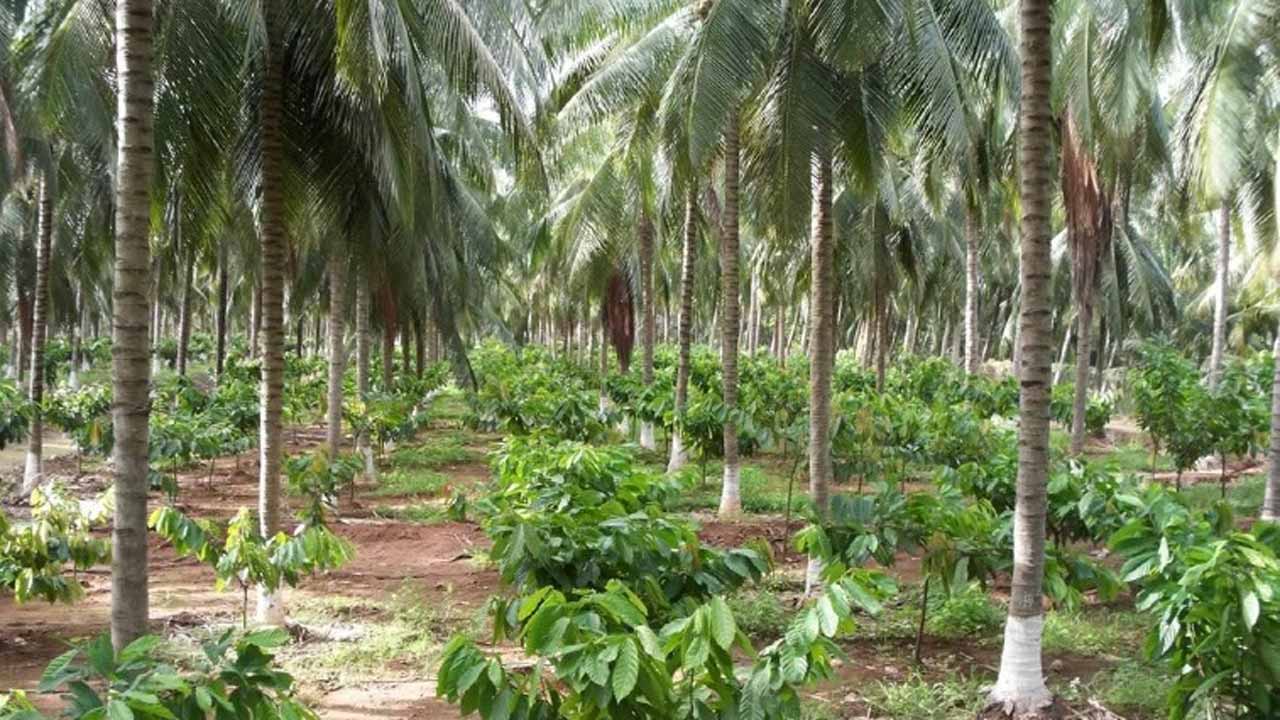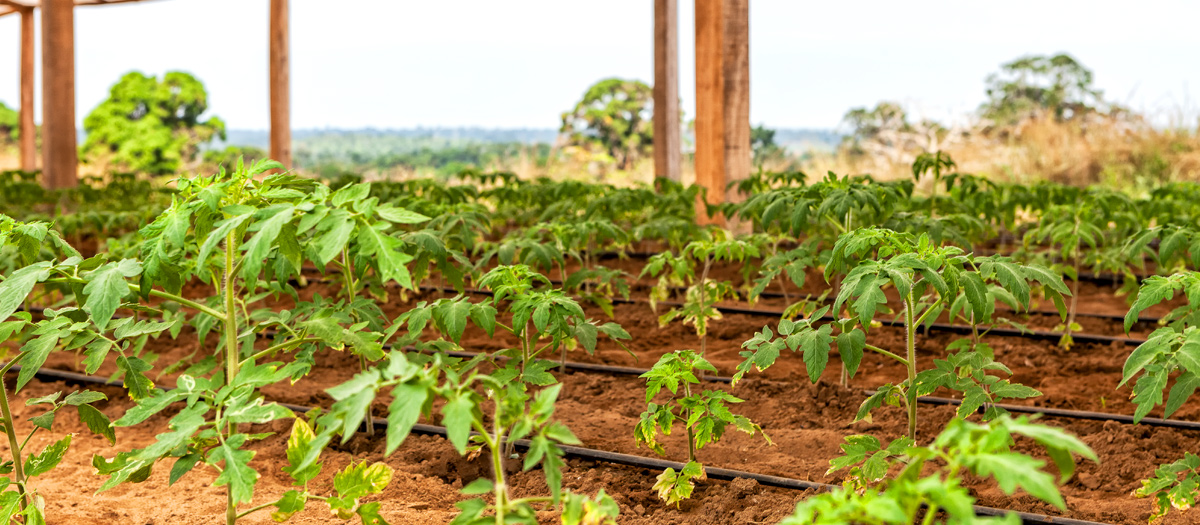Together with our investors – Nibizo Farms – we produce specialty coffees from our own coffee beans from the different plantation projects and those of our close neighbours. Beans are hand picked when they are fully red, necessitating two or three rounds of harvest, typically between July and September. Our total harvest is about 15000 kg of dry bean.
Nibizo Organic Coffee Plantation was established by a Balinese and European team working in partnership to bring back high quality coffee to Nigeria’s central hills region, thereby generating good incomes for farmers, protecting the environmental supporting the local Community while making exceptional coffees.:
Hi there! If you are looking for a unique way to invest your money, you may want to consider investing in agriculture.Farmland has historically high returns, and you can invest in agriculture with or without purchasing a farm outright.
…or something like this:
Farmland has historically seen stable growth. In the past 20 years in the U.S., farmland has seen average annual returns of 11% – 12%. If we look at this in contrast to real estate, which has seen a growth of less than 9%, farmland seems to be an attractive long-term investment.
Supply and demand is also a factor. Why? There is only so much available farmland. When there is a limited supply of something, the need for it increases. What follows is an increase in the price of the land.
Farmland also sees less volatility than most markets. Globally, people rely on agriculture for everything, from food to alternative fuels. There is a constant need and constant growth within the industry. Additionally, farmland is both inflation and recession-resistant. In the U.S., the market is over $2.5 trillion, and globally farmland is over a $9 trillion industry.
Farmland historically has not been correlated to other investment assets. Due to farmland and agriculture operating relatively independently from other markets, it can be a safe way to diversify an investment portfolio. Additionally, due to it being a food commodity, inflation will cause a higher income per crop, thus causing farmland to continue to rise in value.

